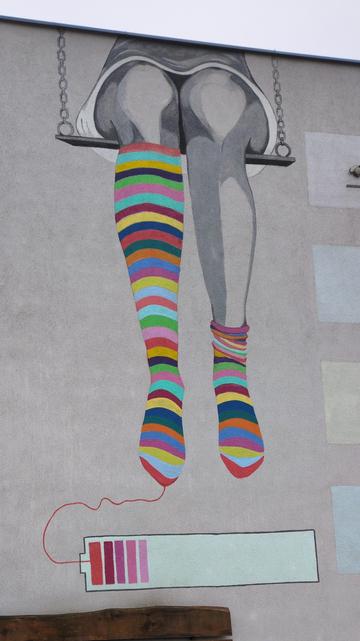2026-01-27 15:37:41
A good friend of mine has the Muppet character "Beaker" as his avatar. For reasons.
He offers me advice. I offer him advice. We chat. These are #ChatsWithBeaker
2026-01-18 03:43:46
“The point of doing the right thing isn’t to merely experience the catharsis of success—it’s to assert standards, uphold values; to acknowledge the existence of moral authority and answer its call for redress courageously.” https://mastodon.social/@GuyNamedBrian/115871819547625205
2026-01-18 20:34:02
Donald Trump's Moral Compass
#trump
2025-12-05 12:55:41
#Mural na Gminnym Ośrodku Kultury w Lipnie, #Wielkopolska.
Wybaczcie kiepski kąt, ale oczywiście na wprost musiał być zastawiony jaśnie samochodem.
#Lipno
2025-12-04 02:27:24
There have been numerous disgustingly fake 'nightscape' composites flooding the web where someone had merely pasted a deep astronomical image of comet C/2026 A6 #Lemmon into some landscape, making it look like it was a giant rivalling Ikeya-Seki oder West - oh, how I hated that. And what a relief that NOIRLab has now posted - https://noirlab.edu/public/images/iotw2549a/ - this beautiful and apparently unmanipulated picture of Lemmon over Mauna Kea on 12 November. Yes, it reached 3 point something mag. and had nice tails in the end but it was not a great comet by any means: just look how small and faint it appears next to the southern Milky Way!
2025-12-04 17:03:37
The Quw’utsun (Cowichan) First Nation was exactly right in 2017:
""We don’t want to argue about settlers' interests versus First Nations' interests — we want to argue about what the Crown did wrong.””
They knew that if the case was framed as ‘taking over private property rights’, that it would be politicized and a lightning rod for racism and misinformation when that was not the point of their claim, which was against the Crown.
""It would be wrong. It’s wrong morally, it’s wrong legally. It’s pitting interests against each other when the person who caused the problem is the Crown.””
Another excellent report from CBC's Jason Proctor.
#FirstNations #Cowichan #PrivateProperty #Indigenous #RightsandTitle #Land



